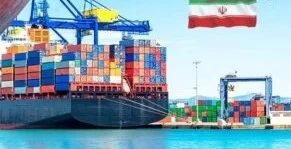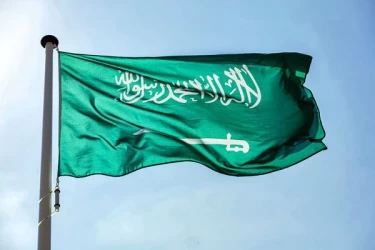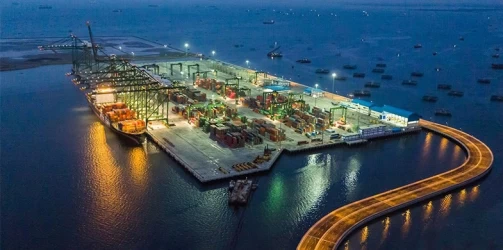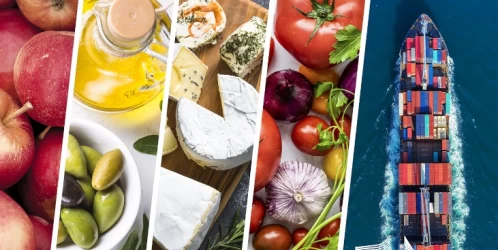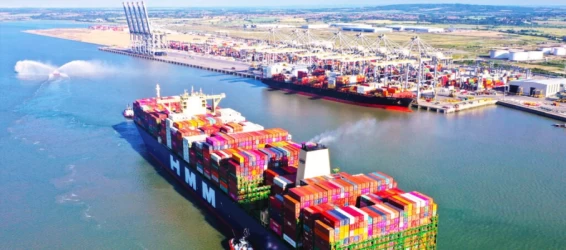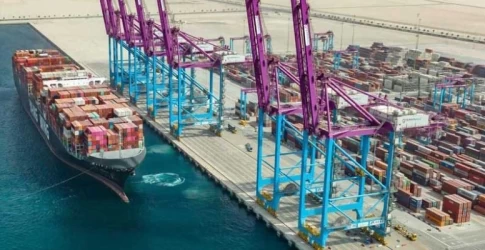Guide to trade with Iran, sea transportation
Iran, due to its strategic location and abundant natural resources, plays a vital role in global trade. Positioned at the crossroads between Asia, Europe, and the Middle East, Iran’s maritime transport sector is key to facilitating imports and exports. This article provides a detailed overview of Iran’s trade landscape, focusing on the maritime transport sector, regulatory frameworks, opportunities, and challenges for international businesses.
1. The Importance of Iran in International Trade
Iran serves as a gateway between Asia, Europe, and the Middle East, offering crucial trade routes. With direct access to the Persian Gulf and the Oman Sea, the country has developed key ports that support regional and international commerce.
Benefits of Trading with Iran
- Abundant energy resources: Iran is one of the largest producers of oil and natural gas globally.
- Strategic geographic location: It lies along important international transport corridors.
- Skilled workforce: A young and educated labor force enhances business opportunities.
- Diverse industries: Iran’s economy spans across energy, automotive, agriculture, and manufacturing sectors.
2. Maritime Transport: The Backbone of Iran’s Trade
Maritime transport handles a significant portion of Iran’s imports and exports, with major ports providing modern facilities for cargo handling. The Persian Gulf ports connect Iran to regional neighbors and global markets.
Key Ports in Iran
- Shahid Rajaee Port: The largest and busiest port in Iran, handling containerized cargo.
- Chabahar Port: Strategically located on the Oman Sea, facilitating trade with Afghanistan and Central Asia.
- Imam Khomeini Port: Specializes in bulk goods such as grain and industrial raw materials.
3. Challenges in Maritime Trade with Iran
Despite the opportunities, businesses face several challenges when trading with Iran.
- Economic sanctions: Restrictions on banking transactions and international trade limit partnerships with Western countries.
- Regulatory complexities: Iran’s customs and trade regulations can be complex and require careful compliance.
- Infrastructure limitations: Although Iran is investing in port development, some facilities require further upgrades.
4. Import and Export Regulations
Key Steps for Importing to Iran
- Registration of import orders in the customs system.
- Obtaining required permits (for specific goods).
- Customs clearance: Cargo is inspected, and duties are paid before release.
Customs Duties
Iran imposes relatively high import tariffs to protect domestic industries. Additionally, some goods are subject to import restrictions or bans based on national policies.
5. Cost-Efficient Maritime Transport Strategies
- Using multimodal transport: Combining Sea and land routes to reduce shipping costs.
- Negotiating with shipping companies: Partnering with firms that specialize in routes to and from Iran.
- Insurance coverage: Ensuring goods are covered with comprehensive marine insurance to mitigate risks.
6. Investment Opportunities and the Future of Iran’s Maritime Transport
Recent international agreements—such as the North-South Transport Corridor—offer significant potential for boosting Iran’s role in global trade. China’s Belt and Road Initiative has also opened doors for infrastructure development in Iranian ports, improving trade routes to Central Asia and Europe. Investments in Chabahar Port and Shahid Rajaee Port aim to expand Iran’s capacity for handling transit goods efficiently.
Conclusion
Maritime transport is essential to Iran’s economic development and international trade. While challenges like sanctions and regulatory complexities persist, Iran offers substantial opportunities for businesses, particularly through its strategic ports and growing infrastructure. Companies planning to trade with Iran should be familiar with the country’s trade regulations, leverage cost-effective transport strategies, and capitalize on emerging trade corridors and agreements.
If you have any specific questions or need further assistance, feel free to ask!

